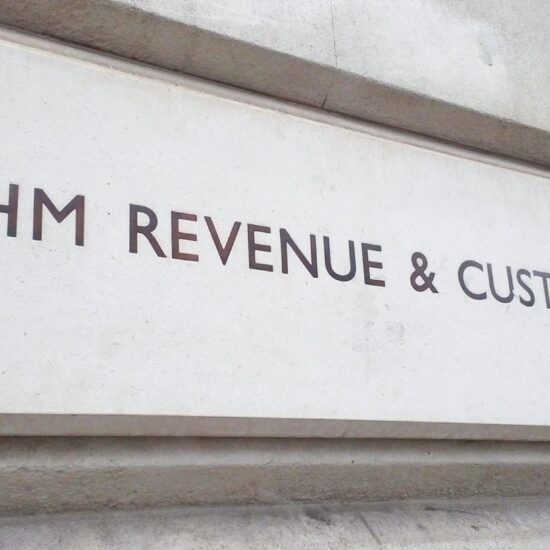Two tax nudges for company controllers from HMRC
by Rebecca Cave – Tax Writer, Taxwriter Ltd
HMRC has sent more than 2,300 letters to individuals identified as people with significant control (PSC) asking them to check whether their last self assessment tax return was correct.
The people with significant control (PSC) regime was introduced for companies registered in the UK from 6 April 2016. It requires those companies to look through all the layers of ownership of the organisation, identify the relevant persons who ultimately have significant control of the company, and register details of those PSCs with Companies House.
A PSC is broadly a person who:
- directly or indirectly owns more than 25% of the shares in a company
- directly or indirectly holds more than 25% of the voting power of a company
- has the right to appoint or remove the majority of the directors of a company, or
- can exercise significant influence over the company.
Much of the information about the PSC is available on a public register at Companies House.
HMRC is using that public data, combined with information from self assessment tax returns, to guess where there may be gaps in the tax data. It has sent two different nudge letters to selected individuals listed on the PSC register.
Nudge one
Where a PSC has not submitted a self assessment tax return, HMRC is writing to that individual to ask why.
There may be a good reason why a PSC does not submit a tax return and is not registered for self assessment. For example, they may not take income from the UK company they are connected with.
Although HMRC may argue otherwise, there is no requirement for a director to submit a self assessment tax return where they have no taxable income or benefits. The HMRC guidance on this point was found to be inadequate in the case of Mohammed Salem Kadhem (TC05929), where the director had not been issued with a notice to file a return.
How to react
Where the recipient of this nudge letter has no income or gains to report on a self assessment tax return, they are asked to contact HMRC by email: wealthyotm@hmrc.gov.uk or phone: 03000 520 503, giving reasons why they don’t have to register for self assessment.
HMRC says it may issue a failure to notify penalty if the individual has not registered for self assessment when required to do so.
Nudge two
HMRC is also writing to PSCs where the individual’s declared income is below £100,000 per year, and that amount is judged by HMRC to be below the “‘expected level” for 2020/21. If a tax agent has been appointed, they should be copied in to this letter.
HMRC clarified that this nudge letter is issued only where the person has a lower-than-expected level of income on their tax return compared to most people in a similar position.
An HMRC spokesperson said it has identified customers who are named as a PSC of a profitable company and added: “We are not suggesting that customers have done anything wrong, we’re simply asking them to check their tax returns in case there’s anything they may have overlooked.”
The implication in the HMRC letter is that the individual has taken other undeclared benefits from the company such as:
- loans
- share options
- use of business assets
- payment for personal costs
- assets transferred to the individual.
The taxpayer is asked to correct their 2020/21 tax return before 31 January 2023, which is the deadline for making such amendments. HMRC warns that if the return is not corrected when it should be, it will charge penalties and interest.
The PSC is also asked to include anything relevant on their 2021/22 tax return, which must also be submitted by 31 January 2023.
HMRC tactics
This one-to-many campaign is another example of the nudge technique that is now widely used by HMRC to encourage tax compliance.
HMRC commented: “We regularly send letters to customers to educate, remind or prompt them to review their tax affairs, particularly where we have information that suggests there are specific risks to the payment of tax owed.”
The usual aspect of this campaign is the apparent judgment programmed into the HMRC computer that the individual’s income is below the expected level.







